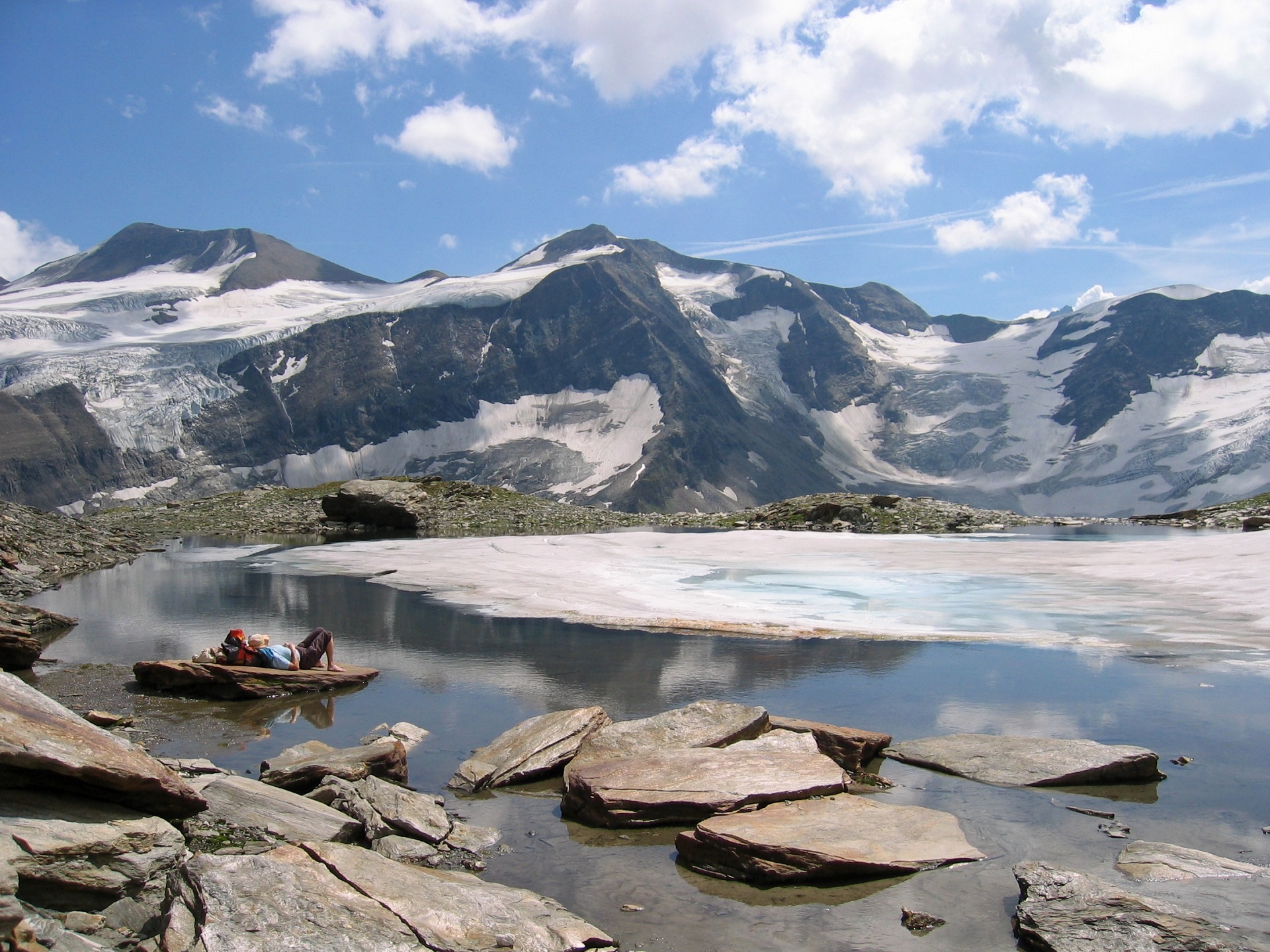Forests have always whispered tales of magic, mystery, and wonder. Yet, beyond folklore and fairy tales, these dense woodlands offer undeniable therapeutic benefits. Known in Japanese culture as “Shinrin-Yoku,” or forest bathing, immersing oneself amidst trees has proven benefits both mentally and physically. In today’s article, we’ll dive deep into the enchanting world of forest hiking, uncovering the numerous benefits backed by scientific studies.
From the gentle rustle of leaves to the soft murmur of distant water streams, forests create a symphony that calms the mind instantly. This tranquility isn’t just a fleeting feeling; science backs the soothing effects of forests on our well-being. Several studies have linked forest bathing with reduced stress levels, as natural surroundings significantly decrease the stress hormone, cortisol.
Furthermore, the aroma that forests give off, thanks to compounds called phytoncides, plays a role in lowering anxiety, improving mood, and increasing relaxation. Phytoncides, released by trees, are nature’s way of preventing decay and fighting off harmful insects. For humans, they have a different, more calming effect. Breathing in these compounds during a forest hike can help reduce the heart rate and blood pressure.
But it’s not just about what we breathe in. Visual cues also play a significant role. The lush green color often associated with dense woodlands is soothing to human eyes. This color, in various studies, has been linked to feelings of calmness, relaxation, and happiness. Hence, even a short forest hike can reset our mental state, distancing us from the hectic urban life.
Walking amidst the trees isn’t only mentally rejuvenating. Physical benefits are plentiful. For starters, hiking on uneven forest terrains is an excellent workout for the body, especially the legs, core, and cardiovascular system. This natural unevenness challenges the body differently than a regular stroll in an urban setting, promoting better muscle engagement.
Furthermore, forest environments generally have cleaner air, free from many pollutants found in city atmospheres. This clean air provides a richer oxygen supply, which can boost energy levels, improve lung capacity, and enhance overall lung health.
But perhaps the most profound benefit of forest hiking lies in its ability to connect us deeply with the present moment. In today’s fast-paced digital age, it’s easy to get lost in screens, notifications, and endless to-do lists. Forests offer an escape. They bring us back to the present, to the tactile feeling of the earth beneath our feet, the distant bird songs, and the play of sunlight filtering through leaves.
To reap the full benefits of forest hiking, one doesn’t necessarily have to embark on a strenuous trek. Even a gentle walk, taken slowly, observing, listening, and deeply inhaling the forest atmosphere, can be immensely beneficial. After all, it’s about quality, not quantity. It’s about letting the forest soak into you, just as much as you soak in the forest.
Incorporating regular forest hikes or even short walks into one’s routine can be a game-changer. Not only does it elevate physical health, but it also offers a sanctuary for mental well-being. So the next time you feel overwhelmed or simply wish for a break, consider taking a walk in the woods. Nature, with its vast wisdom, awaits.
Delving deeper into the therapeutic benefits of forest hiking, we find more profound connections between the mind, body, and nature. Beyond just the immediate physical and mental advantages, there are several long-term benefits that avid forest hikers report, transforming their overall perspective on life and well-being.
For many, the forest becomes a meditative space. The repetitive act of walking, combined with the rhythmic sounds of nature, can act as a form of moving meditation. This meditative state, induced by the forest environment, has been linked to improved concentration and heightened creativity. Just as artists and writers have sought solace in nature to ignite their creativity, regular individuals can harness this environment to break free from mental blocks.
Moreover, the solitude that forests often offer can be a profound tool for self-reflection. Away from the din of daily life, the quietude of the woods allows for introspection. Many hikers speak of epiphanies or moments of clarity they’ve experienced during their treks, attributing it to the uninterrupted time they get to converse with their inner selves.
Another essential element that amplifies the therapeutic benefits of forest hiking is the sense of accomplishment. Tackling a trail, no matter how easy or challenging, and reaching the end or summit provides an undeniable boost to one’s self-esteem and confidence. It’s a tangible achievement, a testament to one’s physical and mental endurance. This feeling can be especially uplifting for those battling feelings of inadequacy or undergoing challenging phases in their personal or professional lives.
From a social perspective, forest hiking can also be a communal activity. Hiking groups or clubs bring together individuals who share a love for nature. Engaging in group hikes can foster camaraderie, deepen friendships, and provide a sense of community. Sharing the therapeutic benefits of forest hiking with others can amplify its positive effects. It becomes an activity where shared experiences, stories, and challenges lead to bonding, understanding, and mutual respect among hikers.
Notably, the benefits of forest hiking aren’t restricted to any age group. While adults might seek it for stress relief or fitness, children introduced to it can develop a deep-rooted appreciation for nature. Growing up with regular forest hikes can instill values of conservation, sustainability, and the importance of coexisting with nature in young minds. Moreover, children exposed to forest environments show enhanced cognitive development, creativity, and better immunity.
Lastly, hiking, especially in diverse forests, offers a unique educational experience. Every forest has its ecosystem, with varied flora, fauna, and geological features. Regular hikers often find themselves becoming amateur botanists or bird-watchers, broadening their knowledge and understanding of the world around them.
To truly harness the therapeutic benefits of forest hiking, it’s essential to approach it with an open heart and mind. While the physical exercise aspect of it is undeniable, the deeper, more profound changes it can bring to one’s psyche are immeasurable. Whether you’re seeking solace, clarity, fitness, or just an escape, the forest, with its timeless wisdom and serenity, welcomes all.
The forests have long been considered places of magic and wonder. But in today’s fast-paced world, we often overlook the more subtle transformations these lush landscapes can bestow upon us. Let’s explore some lesser-known yet equally impactful therapeutic benefits of forest hiking that are backed by science and anecdotes alike.
Firstly, the Japanese practice of “Shinrin-Yoku” or “forest bathing” is an age-old tradition that emphasizes the importance of immersing oneself in a forest environment. This is more than just a hike; it’s about absorbing the forest through all your senses. Studies have shown that forest environments can lead to a decrease in cortisol levels, thus reducing stress and anxiety. So, the next time you embark on a forest hike, try this approach: halt, breathe, and consciously take in your surroundings. Let the forest’s essence envelop you.
Secondly, trekking amidst trees can significantly enhance one’s mood. This is not merely anecdotal. Certain trees, like pines, spruces, and cedars, release phytoncides – natural compounds that have been found to improve mood disorders. A study conducted on individuals suffering from depression showed a marked improvement in mood after regular forest walks. The “feel-good” factor that we often attribute to a day well spent in nature isn’t just psychological; it’s biochemical too.
Moreover, forests are often cooler than urban areas due to their canopy cover and transpiration, providing a natural escape during hot months. The cooler temperatures, combined with the serenity of the woods, make forest hikes a rejuvenating experience. It’s no surprise that many choose these trails as their go-to summer retreats.
Beyond the physical and emotional, the spiritual aspect of forest hikes cannot be ignored. For centuries, sages and seekers have retreated into the heart of forests for deep meditation and spiritual quests. The undisturbed tranquility of these places provides a perfect backdrop for deep introspection and connection with a higher self or power.
Incorporating mindfulness practices during your hikes can further amplify the therapeutic benefits. By being present in the moment and focusing on every step, breath, and sound, one can achieve a meditative state, enhancing the overall experience and benefits of the hike.
Finally, let’s touch upon the significance of preserving these green sanctuaries. With the therapeutic benefits of forest hiking becoming more evident and sought after, there’s an increasing responsibility on all of us to protect and nurture these spaces. Sustainable hiking, respecting trail rules, and understanding the ethos of ‘Leave No Trace’ are crucial.
In conclusion, the woods are more than just a cluster of trees. They are reservoirs of peace, wisdom, and therapy. While the therapeutic benefits of forest hiking are vast and varied, the essence remains the same: forests heal. As John Muir aptly put it, “And into the forest, I go, to lose my mind and find my soul.” Whether you’re a seasoned hiker or a newbie, the forest, in its gentle embrace, offers a transformative experience that goes beyond the physical, into the realms of the mental, emotional, and spiritual. Embrace the journey, and let the forest work its magic on you.





